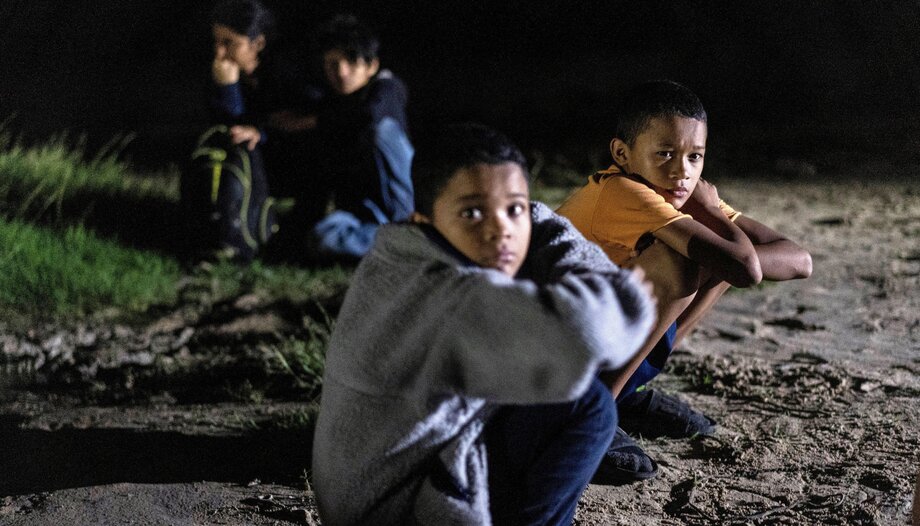On February 29, the virtual presidential candidates, Joe Biden of the Democratic Party and Donald Trump, visited the southern border of the country. They were in the same state, in two distant Texas cities: Biden in Brownsville and Trump in Eagle Pass. Their trip was not coincidental. Immigration rhetoric will be a decisive issue in the upcoming November 2024 presidential election. According to a February Gallup poll, for Americans, immigration is the most important issue in the United States right now, surpassing the economy, inflation and government.
After the lifting of immigration restrictions imposed by the pandemic, undocumented immigration to the United States has increased by about United States has continued to increase, and although various immigration restrictions were imposed during President Trump's administration, including on asylum seekers, the Biden administration ended many of these policies. As a result, undocumented migration spilled over, giving the impression that U.S. border controls were insufficient.
Searching for solutions
To alleviate this situation, the U.S. House of Representatives passed a bill that included, among other things, the closing of the border when the flow of undocumented immigrants "exceeds" the system's capacity; the bill also included expedited access to grant work permits to asylum seekers; this initiative proposed to grant emergency funds to combat smuggling, drug trafficking and border security. Unfortunately, when it reached the Senate it failed due to the refusal of Republican senators.
While the immigration election rhetoric by both candidates continues to fill the front pages and be the center of media attention, the immigration issue remains unresolved, affecting not only the thousands of people living on the border and the immigrants themselves, but also Catholic residences that provide support to migrants and refugees on the border, such as the "Annunciation House" in El Paso. In an attempt to "control" and stop the flow of migrants in Texas, the Attorney General of that state, Ken Paxton, has just filed a lawsuit against the House accusing it of human trafficking and encouraging "illegal immigration". The prosecutor is requesting the closure of the facility.
Serving Christ in migrants
In response to this demand, Bishop Mark J. Seitz of El Paso expressed his support for Annunciation House on February 23. The work of this institution, he said, "is an example of our Catholic commitment to the poor and love of neighbor. Our church, our city and our country owe a great debt to the House."
In his remarks, Bishop Seitz defended the immigrants: "I know the guests of the Casa. I have seen many trapped on the other side of the border, others died trying to cross. I have experienced their pain, suffering and hope. This is about lives and shared human dignity. This is not about politics," Seitz said, adding, "We will not be intimidated in our work to serve Jesus Christ, present in our brothers and sisters fleeing danger and seeking to keep their families together. We will not give up the identity that defines our borders: choosing compassion over indifference, fraternity over division and hope over hatred." The Texas Conference of Catholic Bishops and the nation's bishops endorsed his statements and expressed solidarity.
In a statement issued Feb. 26, Bishop Kevin C. Rhoades of Fort Wayne-South Bend, Indiana, and chairman of the Committee for Religious Liberty of the United States Conference of Catholic BishopsHe expressed support for Catholic ministries to migrants and noted the need to protect religious freedom: "We must preserve the freedom of Catholics to help their communities meet the basic human needs of migrants. I join my brother bishops in the state of Texas in expressing solidarity with those who simply seek to fulfill the fundamental biblical call: 'Whatever you did for one of the least of these my brethren, you did for me,'" Bishop Rhoades said.
This legal battle will continue in Texas courts in the coming days. In the past, U.S. Attorney Paxton's administration has filed several lawsuits against President Biden's immigration policies. Some of their cases have reached the Supreme Court which has ruled reaffirming the legal precedent that the federal government, not the state government, has exclusive jurisdiction over immigration issues.








